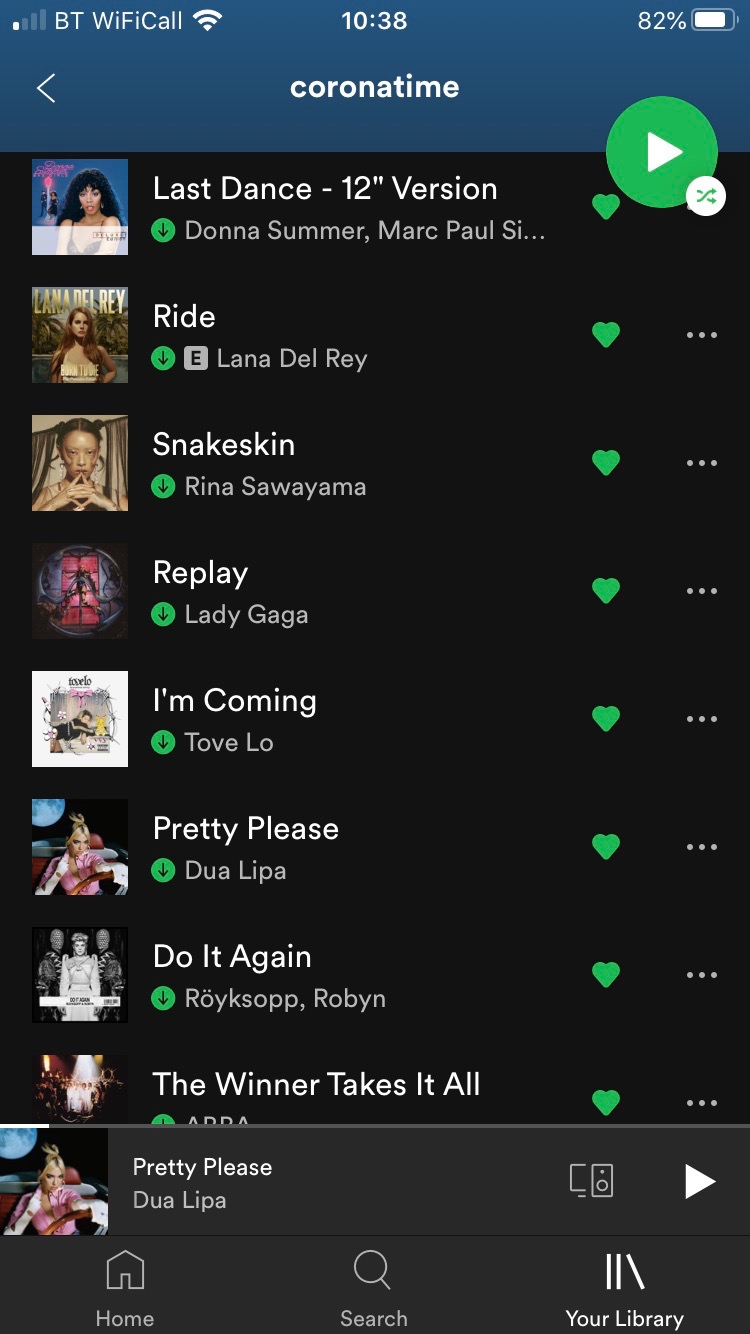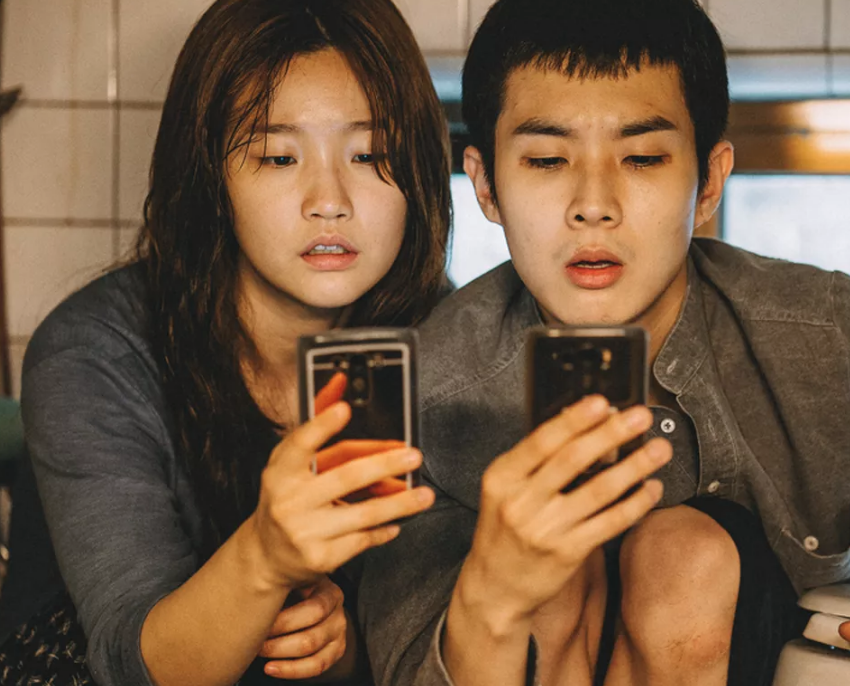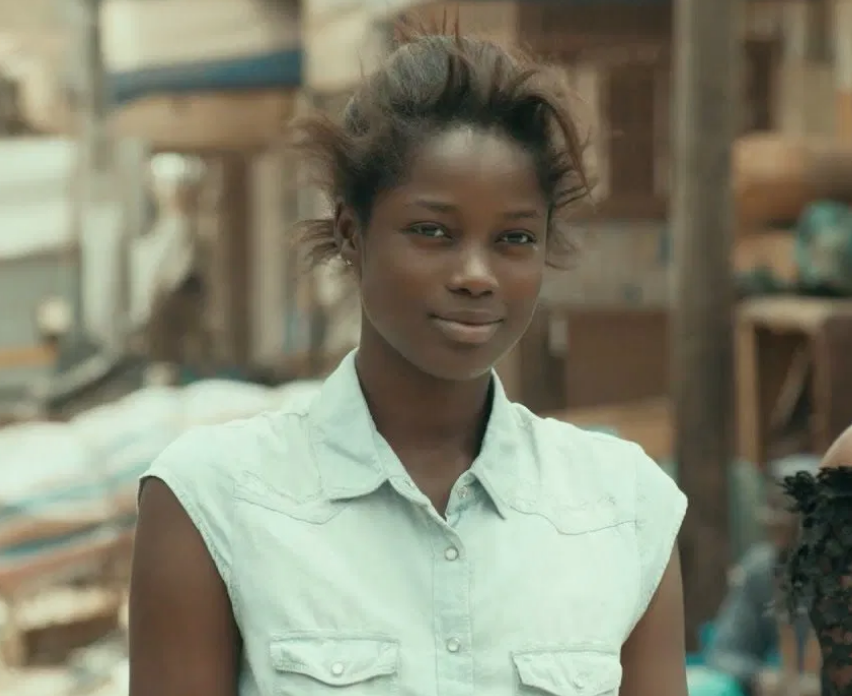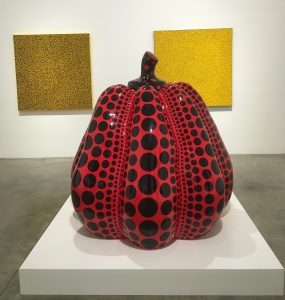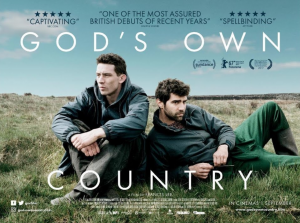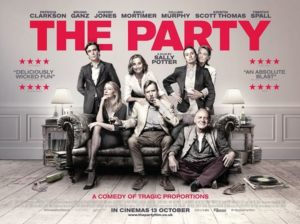A lot of my favorite things this year reflected that attitude. Fiction sort of failed everyone this year. The Queen’s Gambit was about as entertaining as flipping through an old JC Penny catalog on a Sunday (which is to say, somewhat fun, nice fashion), but nowhere near as entertaining as playing actual chess. Playing chess with strangers around the world on the Chess.com app was the most entertaining video game I played this year—and this was the year I cracked open Skyrim again and let is suck away my stuck-at-home time.
Actually that’s not quite true. The best video game I played this year was Super Mario Odyssey, which was just pure art and fun. This year was also the Year of Video Games for me and nothing I played was more clever, entertaining, and creatively admirable than Odyssey. (Praising Mario and chess—didn’t expect to be doing this at the start of this year!)
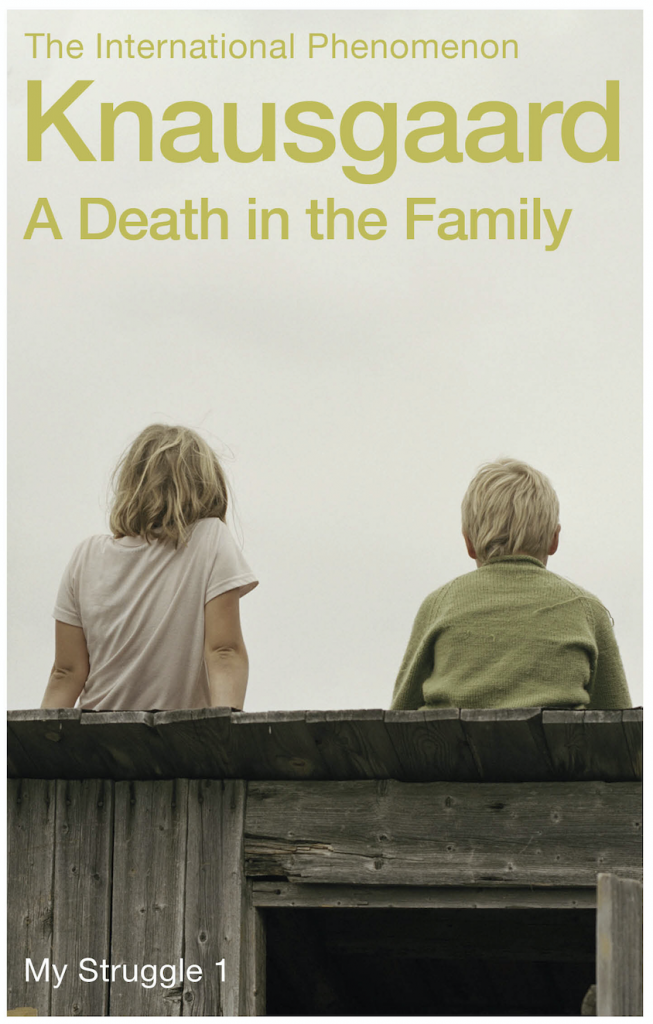
Continuing my veering away from fiction, I’ve mostly been reading Karl Ove Knausgård. A Death In The Family, the first volume in his My Struggle series, is my favorite book of the year and I’m about halfway through the next volume now. I started reading him cautiously, then obsessively once the book’s strange hold took over me.
Everything that’s been said about Knausgård is true: his books can read sometimes like blog posts, he’s very self-indulgent and esoteric, and there’s a real guy-in-your-MFA-class connotation with his books that had put me off reading him for so long. But all that’s just the zeitgeist. When you read him, his book’s strange spell builds slowly. This is, after all, just this guy’s life, cut open and dissected, but then you start to realise that, no, seriously, this is this guy’s life. When he writes about his childhood, his own children, his failings, his desires, he does so without any varnish and I’ve never read anything like it before. He presents his life with so much intimated detail that I found myself remembering moments from my own childhood while reading, feeling intense nostalgia, and I think that’s evidence alone that he’s doing something really extraordinary.
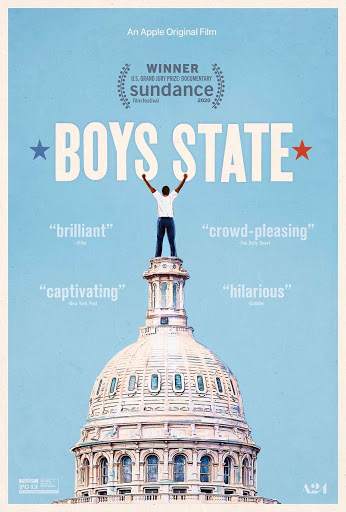
More non-fiction… my favorite movies of the year are Boys State and Collective. Both are fly-on-the-wall documentaries, presented with hardly any narrative interference. Boys State follows high schoolers at a mock-government summer camp where they campaign and debate to create a representative government. It’s heartbreaking and hilarious watching the kids succumb to the ills of populism and cosmetic politics. But there’s also quiet triumphs as you see their political conscience start to form in real time. It makes you hopeful for the future. Also scared.
Collective follows a team of Romanian journalists as they uncover the criminal negligence in the aftermath of a 2015 nightclub fire. 27 people died in the actual fire, but 37 more died in the following days due to a corrupt healthcare system. It’s difficult to watch, particularly a seconds-long clip shot undercover by a doctor exposing the level of deprivation in a hospital. Whole arms of government collapse and rebuild during the filming and there’s glimmers of hope there. Just barely.
So that was my 2020. I can already tell you that 2021 is going to be a whole lot better. 🥰[/et_pb_text][/et_pb_column][/et_pb_row][/et_pb_section]
